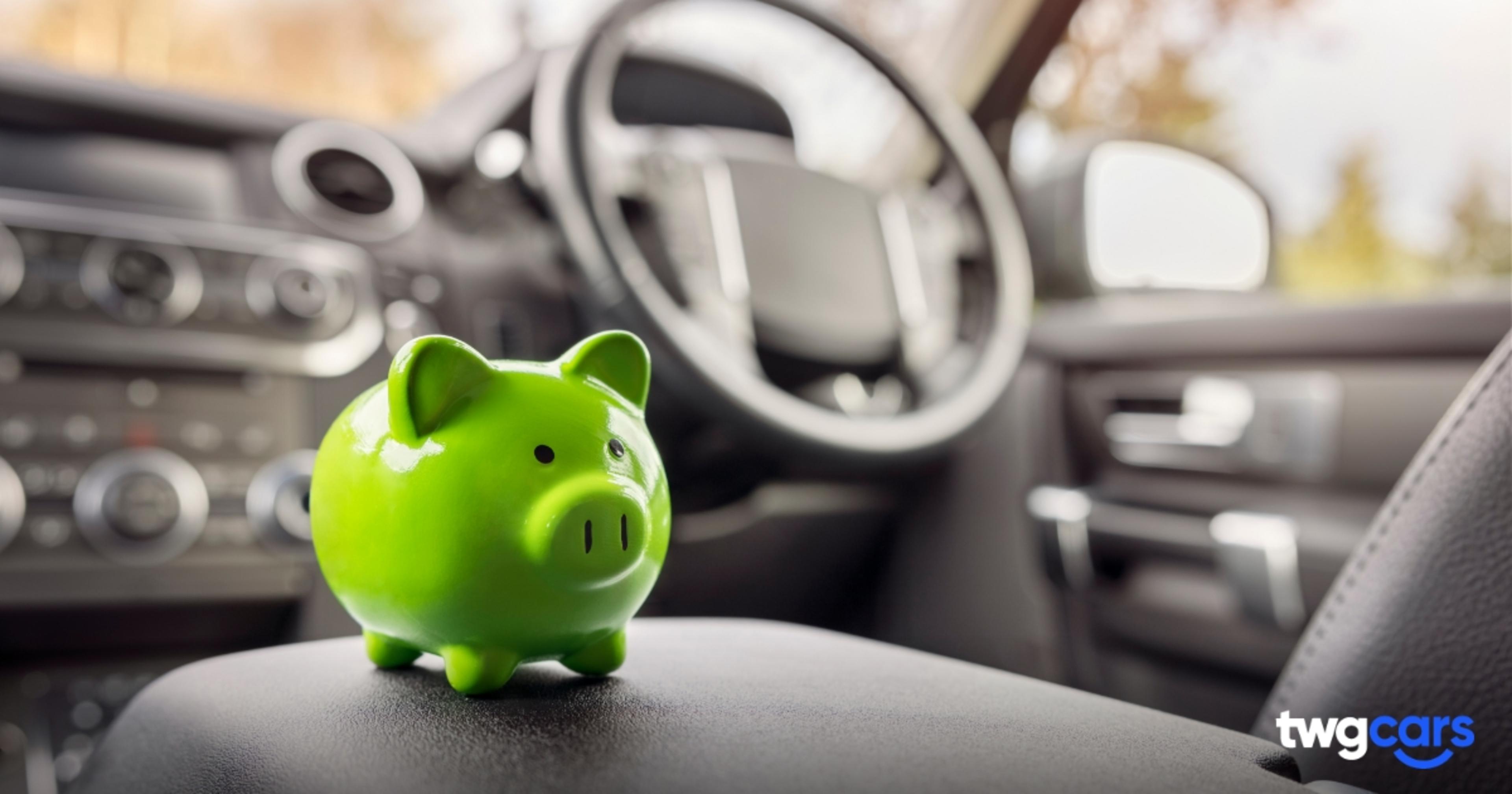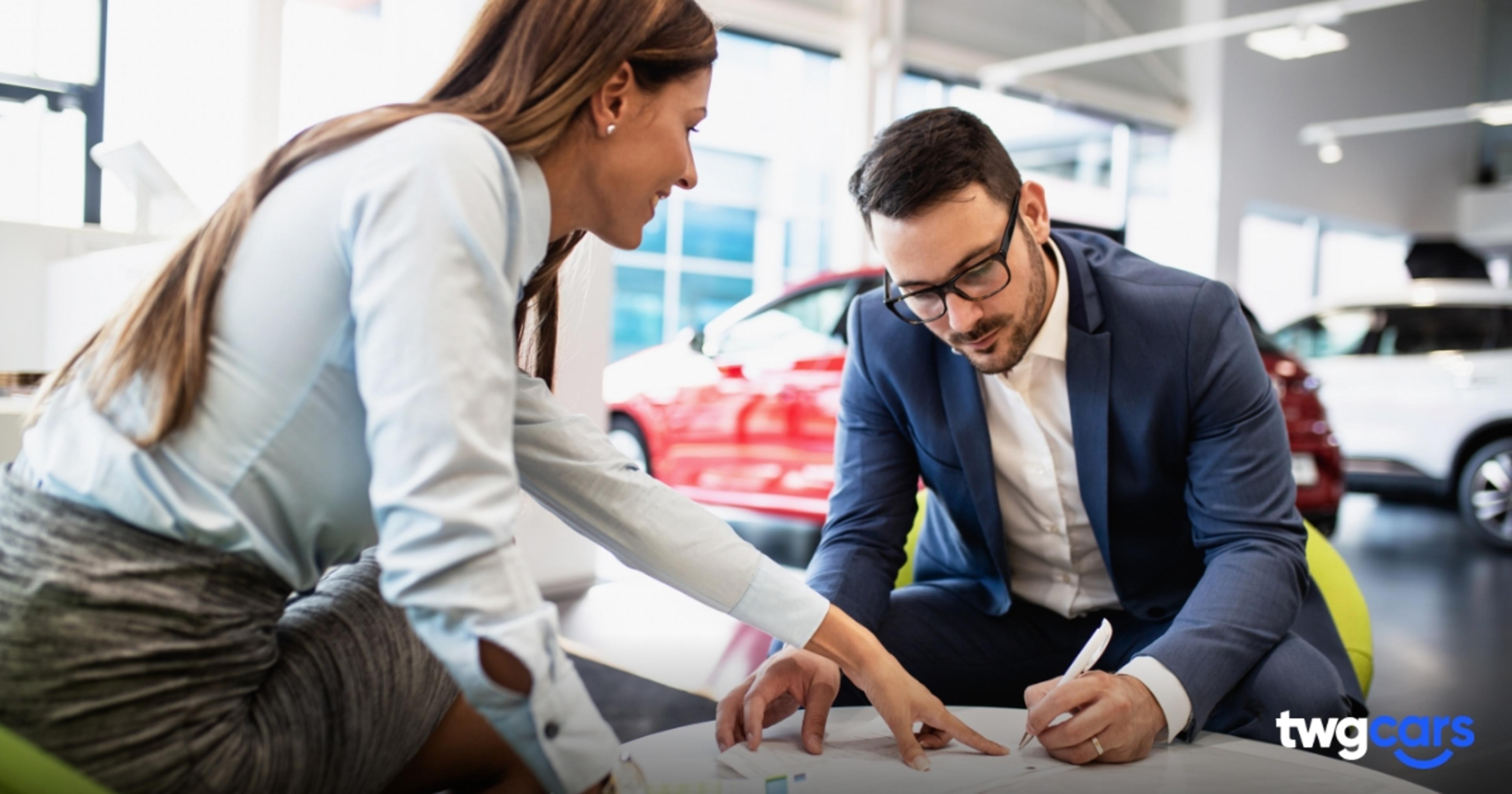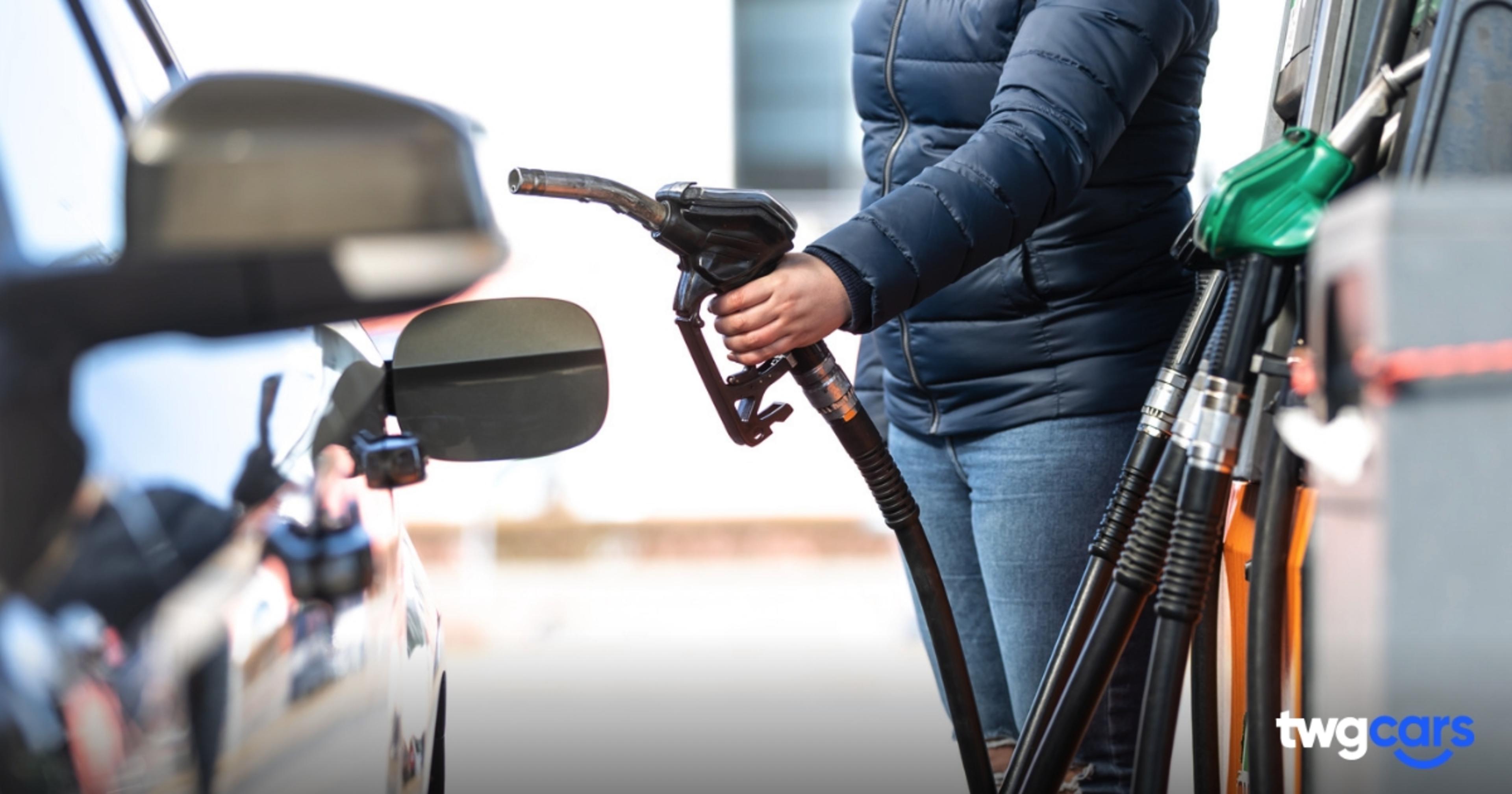Beyond the Price Tag: Understanding Additional Costs When Buying a Used Car

Buying a used car is an exciting but also a nerve-wracking experience, so it pays to be mindful of the hidden expenses. Understanding the additional costs when buying a used car—like transfer fees, insurance premiums, and taxes—is crucial to securing a deal that stays within your budget.
This article reveals just what those costs are, ensuring no surprises hinder your investment.
Drive Away Facts
- When buying a used car, prepare to pay additional costs like stamp duty, which is based on the car’s value or purchase price, and varies by state.
- Factor in fees for vehicle registration transfer, Compulsory Third- Party Insurance (CTP), and possibly Luxury Car Tax (LCT) if it’s a high-value vehicle.
- Consider the long-term costs such as insurance premiums, fuel expenses, regular maintenance, roadside assistance, and any applicable motor vehicle duty.
Stamp Duty Explained
You’ve finally found your dream vehicle and you’re eager to finalise the purchase. If you are wondering what paperwork is needed to buy a used car, stamp duty is one of them. This government-imposed cost is calculated based on the car’s market value or purchase price, whichever is greater.
In some states, like Queensland, the rate even varies depending on the type of engine.
If you are buying from a dealer, the stamp duty is often included in the ‘drive away’ price. But if you’re purchasing from a private seller, you’ll have to pay the stamp duty directly to the Department of Transport.

Transfer of Registration Fees
Once you’ve dealt with the stamp duty, don’t forget to account for the vehicle registration transfer costs, including the number plate fee. This cost is determined by your state of residence and the car’s weight, and it includes initial registration transfer and annual renewal costs.
The cost can vary quite a bit - in New South Wales, you’re looking at $31, while in South Australia, it’s $31 if done within 14 days of acquiring the vehicle. Be warned: If you delay the transfer, you might face additional fees.
Compulsory Third-Party Insurance (CTP)
Another cost to keep in mind is the Compulsory Third Party Insurance (CTP). This is vital for covering personal injury caused by your vehicle and is a must-have for vehicle ownership.
The cost of CTP insurance can vary according to individual risk factors, and insurers must provide personalised quotes. When purchasing this insurance, make sure to provide accurate information about the vehicle and its drivers to avoid extra charges or even registration cancellation.
Luxury Car Tax (LCT) Implications
Purchasing a luxury vehicle? Don’t forget to add the Luxury Car Tax (LCT) to your budget. This is a 33% tax applied to new and imported used luxury cars that exceed the LCT value threshold.
For the 2023-24 financial year, the LCT threshold is $76,950 for standard vehicles and $89,332 for fuel-efficient vehicles. A fuel-efficient vehicle is one that does not exceed 7 litres per 100 kilometres. However, keep in mind that the LCT threshold is increasing for 2024-25 along with the definition of a fuel-efficient vehicle for LCT purposes.
Vehicle Inspection Costs
Before finalising your next vehicle purchase, consider whether a new car or a used car is the right choice for you. Arranging a professional pre-purchase vehicle inspection can ensure the car is in good condition and worth the asking price, while also keeping in mind the used car prices in the market.
The cost of these inspections can vary depending on the vehicle type, but in New South Wales, they range from $270 to $530 for non-members. If you’re a member of the NRMA, you can score discounts on vehicle inspections.

Car History Report and PPSR Check
Additionally, ensure you obtain a car history report, which includes the vehicle identification number, and a Personal Property Securities Register (PPSR) check. These documents provide vital information about the vehicle’s history and potential issues.
A detailed car history report includes the vehicle’s financial history, identifying numbers, and even discrepancies in odometer readings. A PPSR check will reveal whether there’s money owing on the vehicle and confirm ownership status. The cost of a car history check is $38.95, while a PPSR car check costs only $2.
Ongoing Insurance Premiums
Remember, purchasing the car is the first step. You must also account for ongoing insurance premiums. How much you’ll pay depends on factors such as your age, driving record, and vehicle type.
To save on car insurance costs, shop around for competitive rates, consider increasing the policy excess, or choose to pay premiums annually. Older drivers can reduce their insurance premiums by maintaining a clean driving record.
Fuel Expenses
Fuel expenses are another important factor to consider. How much you’ll pay at the pump depends on your driving habits. Occasional drivers might only need to fill up the tank every 2-3 weeks, while daily commuters could be refuelling weekly.

Servicing and Mechanical Repairs
Don’t overlook the importance of maintenance, which involves setting aside funds for servicing and mechanical repairs. The cost of these can vary based on factors such as the vehicle’s age, model, and condition.
Minor car services typically cost between $150 and $550, and that’s just for basic maintenance tasks. Major services involving significant part replacements can cost substantially more, which is why it’s important to keep an eye on car prices.
Roadside Assistance
To avoid being stranded on the road, consider investing in roadside assistance. This service ensures professional help is readily available in case of a car breakdown.
Roadside assistance commonly covers a range of services such as battery replacements, tyre changes, and even providing emergency fuel. Plus, the service extends to any authoriszed driver of the vehicle, not just the owner.
Motor Vehicle Duty
Under certain circumstances, you might need to allocate funds for motor vehicle duty. This is required in New South Wales when registering a new vehicle, transferring registration, or registering an imported second-hand vehicle for the first time.
The duty is calculated based on the vehicle’s worth and type, with different rates for new and used vehicles. Just remember to declare the correct value of the vehicle to avoid penalties.
Buying from Private Sellers vs. Dealers
Finally, think about the source of your purchase. Private sellers might offer a tempting deal, but there are risks. Used cars from private sellers aren’t covered by the Motor Dealers and Repairers Act or Australian consumer law, which means car buyers are on their own if any issues arise after the purchase.
Summary
So, you’ve journeyed through the hidden costs of buying a used car. From stamp duty and registration fees to insurance premiums, fuel expenses, and servicing costs, it’s clear that the price tag is just the start.
But with this knowledge in hand, you’re now better equipped to navigate the used car market. Remember, being informed and prepared can save you from unexpected surprises down the road.

Frequently Asked Questions
What is stamp duty and how is it calculated?
Stamp duty is a government-imposed cost calculated based on the greater value between the car's market value and the purchase price. It's applied when buying a used car.
How much does it cost to transfer vehicle registration?
The cost of transferring vehicle registration varies by state and the car's weight. For example, in New South Wales, it costs $31, and in South Australia, it's $31 if done within 14 days of acquiring the vehicle.
What is included in a car history report?
A car history report includes the vehicle's financial history, identifying numbers, and discrepancies in odometer readings. This information is valuable for making an informed decision when buying a used car.
How to save on insurance costs?
You can save on insurance costs by shopping around for competitive rates, increasing the policy excess, or choosing to pay premiums annually. These simple steps can help you reduce your insurance expenses.
What's the difference between buying from a private seller and a dealer?
Buying from a private seller may offer a better deal, but it comes with risks since used cars from private sellers aren't covered by consumer protection laws. Dealerships, on the other hand, provide statutory warranties for used vehicles and ensure a clear title.
References
- ato.gov.au
- carhistory.com.au


